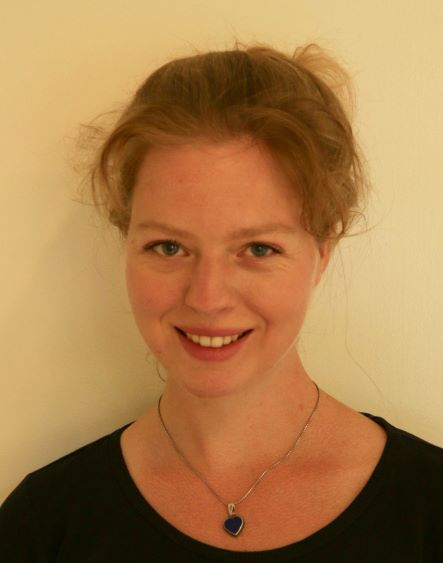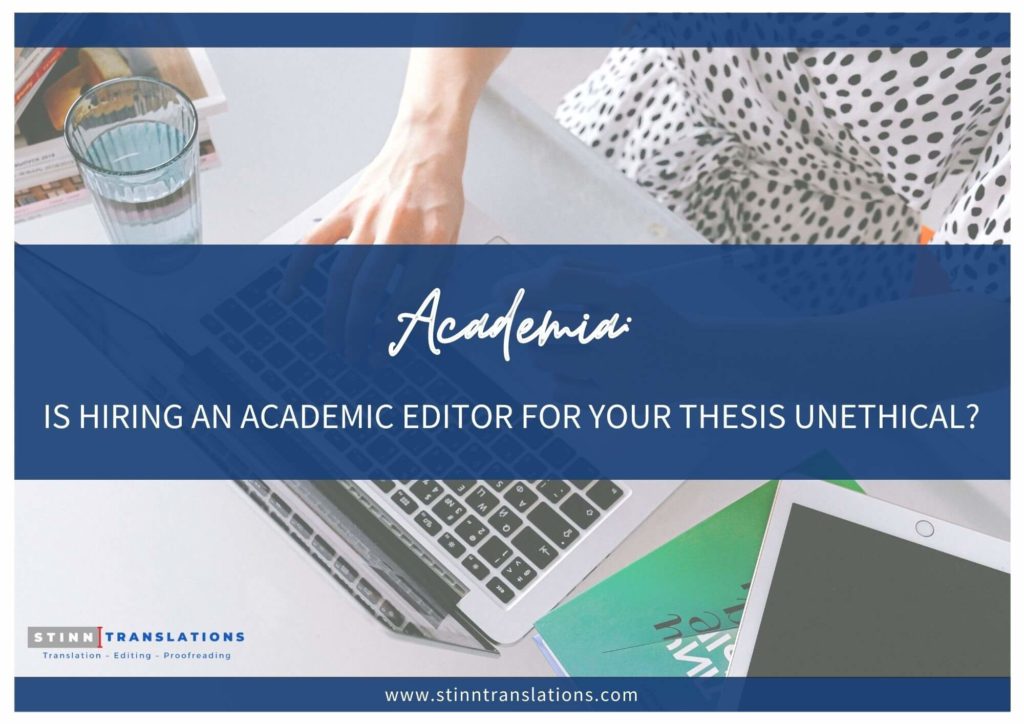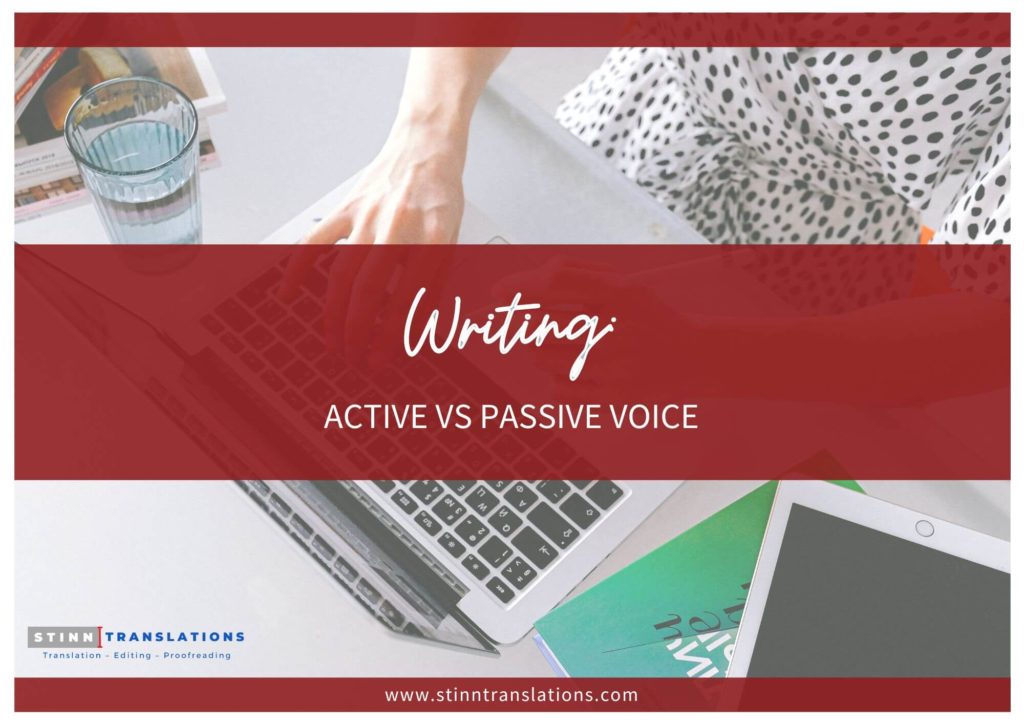Blog:
In other words
How to use Verb tenses in scientific manuscripts
A young academic writer recently asked me: “In other manuscripts I see authors switch from present to past tense, even within a single sentence, and now I’m confused. When do you use the different verb tenses in scientific manuscripts?”
You need to answer the following questions to determine the appropriate verb tense in your scientific manuscript:
- When did the action or process take place?
- Is the event open (ongoing) or closed (completed)?
Knowing when to use past and present verb tenses in an academic paper can be tricky. This quick guide will show you how each verb tense answers these two questions. You will also learn which verb tenses are commonly used in the different sections—introduction, methods, results, discussion, and abstract—and in which cases you would switch between tenses even within the same sentence.
Let’s get started!

Introduction
Use the present tense in the introduction for statements generally known as facts or widely accepted notions.
For example: “Over 70% of the Earth’s surface is covered in water.”
Use the present perfect tense (a form of “to have” + past participle) to indicate that the action occurred in the past but continues to apply to the present (ongoing event). You would do this, for instance, when referring to results from other researchers whose findings are still relevant.
For example: “McCormick et al. (2002) have shown that a high percentage of greenhouse gas emissions originates from agricultural practices.”
Use the simple past when referring to the methods used in another study. The events that occurred as part of that study are considered closed.
For example: “Gryer et al. (2014) surveyed 50 km2 of the park in 2000 and counted 32 antelopes.”
Similarly, use the simple past when referring to a statement no longer considered true. You can add the current (valid) statement in the present perfect tense.
For example: “The cause for the decline was originally believed to be chemical contamination (Johnson, 2000), but more recent studies have shown that …”
Methods
Use the simple past in your methods section, where you describe how you collected and analyzed your data. Those events are considered closed (even if you haven’t concluded the study yet).
For example: “We surveyed 2,142 business owners from the agricultural sector” and “The cleaned dataset was analyzed using ANOVA.”

Use the past perfect (“had” + past participle) if you have an action that occurred before another.
For example: “Only those patients who had received previous cancer treatments were included in the study.”
Use the past progressive (“was/were” + present participle in the -ing form) when describing an action that occurred while another was ongoing.
For example: “While the first tests were running, the patients were prepared for the next phase of the study.”
In rare cases, you can use the present tense in the methods section, such as when you make a widely accepted statement about your data analysis approach.
For example: “An R-value of >0.5 is generally considered acceptable.”
Results
Your results section should largely be written in the simple past because it refers to a particular part of the research that has been concluded. The events are considered closed.
For example: “Overall, 57% of participants agreed with the statement XYZ” and “There was no statistical difference between groups 1 and 2.”
Use the present tense when referring to figures and tables in your text.
For example: “Figure 1 shows a diagram of the carbon cycle.”
Discussion
The discussion is written in the past tense when you summarize your results or refer to a specific finding or event. However, use the present tense when referring to the implications of your results or drawing conclusions from them.
For example: “In our study, only 1% of Actinobacteria died during the strong solar radiation trials. Our results indicate that this microorganism is highly resistant to UV radiation.”
In the above example, the word choice and verb tense suggest absolute confidence in the results and conclusions.
If you want to indicate uncertainty about the implications of one of your findings, use the past tense and a more tentative tone.
For example: “The concentration of mercury we measured in the samples was very low. Our samples from Lake Paradise may not represent the entire lake, as we only collected sediment from one small area.”
Use the future tense (“will” + infinitive) when you refer to planned research or to provide suggestions for future studies.
For example: “Future studies will need to examine the ecological impact of heavy metals in Lake Paradise more closely to determine to what extent they pose a threat to the local flora and fauna.”
Abstract
I mention the abstract last because it is usually written after you have written all other sections of your paper.
As the abstract is based on the different sections of the paper, use the tense that corresponds to those particular sections.
For example, the first few sentences of your abstract are based on your introduction, usually starting with a sentence about the main topic and the particular issue your study addresses (mostly present tense). When you refer to previous studies, use the present perfect. Your abstract’s methods and results sections should be written in the simple past. Use a combination of the simple past, present perfect, and simple present in the discussion section.
Final remarks
Note that the advice presented here describes current best practices, not hard rules, about choosing verb tenses in scientific manuscripts. If you follow these guidelines, you are generally well on your way to conforming to present conventions in scientific writing.
Often your publisher, supervisor, or institution will have guidelines or recommendations on the use of tenses in academic writing. When in doubt, check with them first.
As always, feel free to contact me if you have any questions!

Christina Stinn is a professional translator, proofreader, and editor with a background in ecological research and experience in publishing peer-reviewed articles in academic journals. She is a Professional Member of the Chartered Institute of Editing and Proofreading (CIEP) and has a M.Sc. degree in International Nature Conservation. So far her work has included fiction and non-fiction books, academic journal articles, and marketing materials in English and German. She loves working with clients who strive to bring their writing to the next level and enjoys taking part in their journey. Find out more
YOU MIGHT ALSO LIKE:



